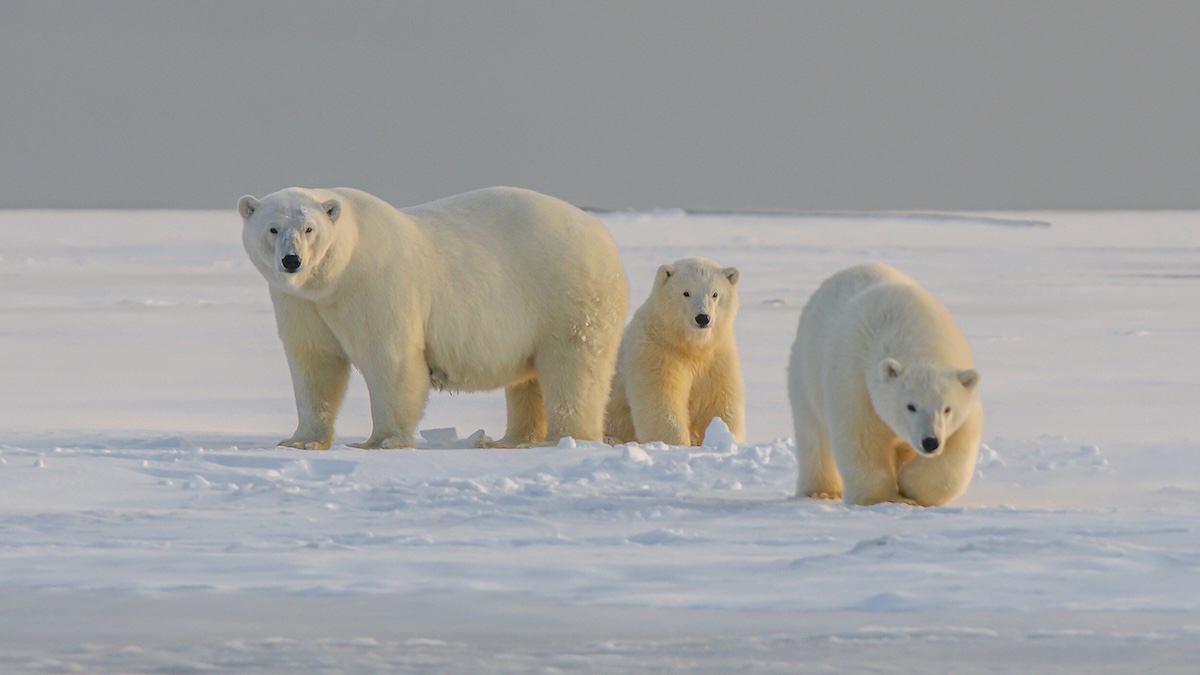

A federal appellate court said the U.S. Fish & Wildlife Service must revise regulations that allow oil companies to harass polar bears during operations in Alaska’s North Slope area.
Videos by Outdoors with Bear Grylls
According to the opinion, the agency has to reevaluate how certain levels of harassment will impact threatened species like the Southern Beaufort Sea polar bears.
In the lawsuit, plaintiffs argued that allowable harassment, such as scaring polar bears with loud noises and equipment, disrupts denning, feeding, and hunting, and because the populations are so low, it would threaten their existence.
“If you took all the Beaufort Sea polar bears to an Anchorage Wolverines hockey game, their entire population wouldn’t even fill the home-team section since there are fewer than 900 of these polar bears left,” said Nicole Schmitt, executive director of Alaska Wildlife Alliance, the lead plaintiff in the lawsuit.
Schmitt explained that the court agreed with their argument that the agency needed to ground regulations outlined by the Marine Mammal Protection Act with a scientific explanation.
The lawsuit stems from a 2021 regulation issued by the Biden Administration, which allows oil and gas operators to harass polar bears and walruses along the Beaufort Sea coast and on the North Slope amid operations.

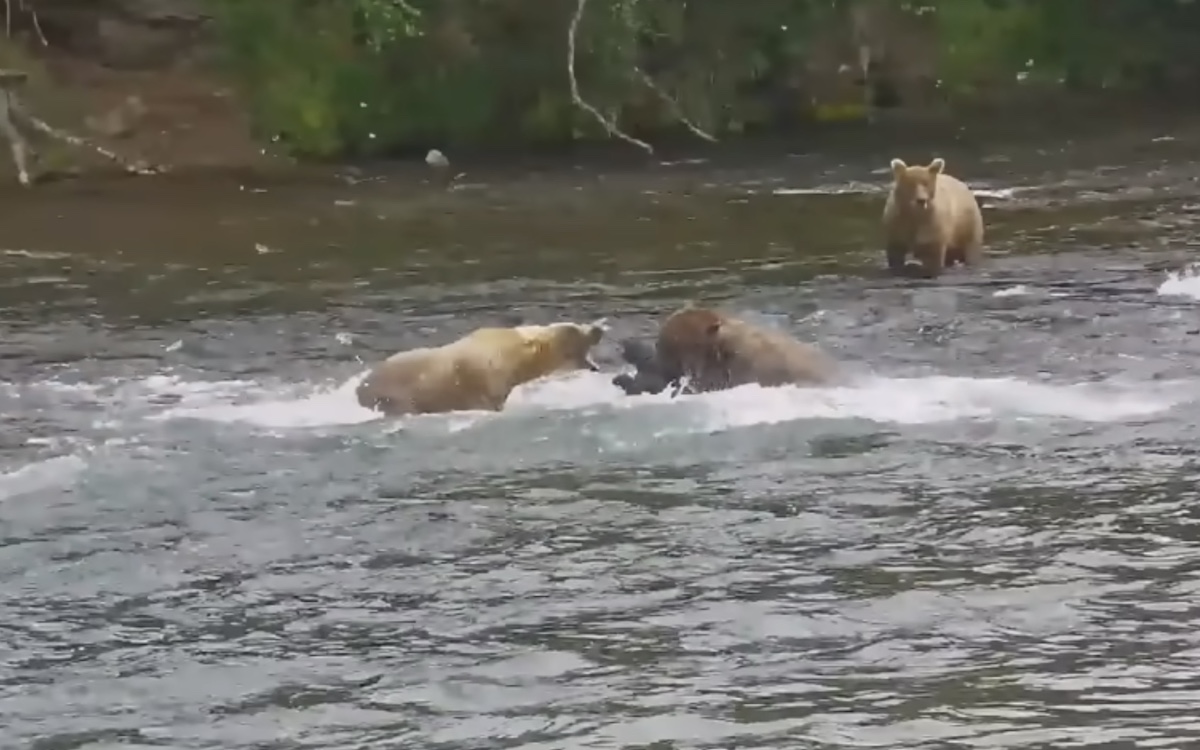
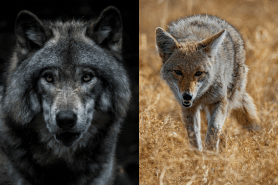
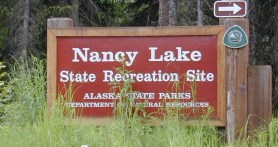
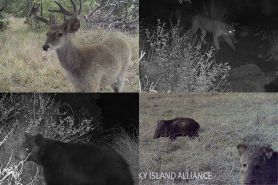
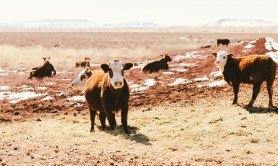

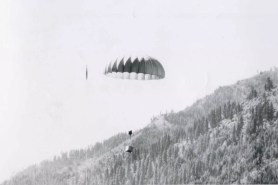

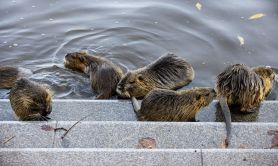
I lived in Kaktovik on Barter Island on the Beaufort Sea. Polar bears occasionally visited the island. Although beautiful to observe, we had to keep our distance since they are carnivores. With the climate change and less frozen arctic ice, polar bears are already threatened. There is no sound reason for humans to do them any harm.